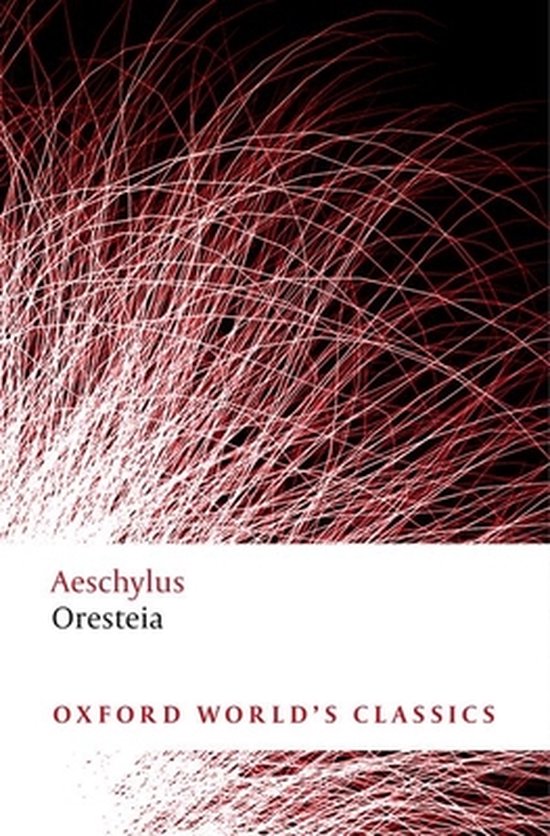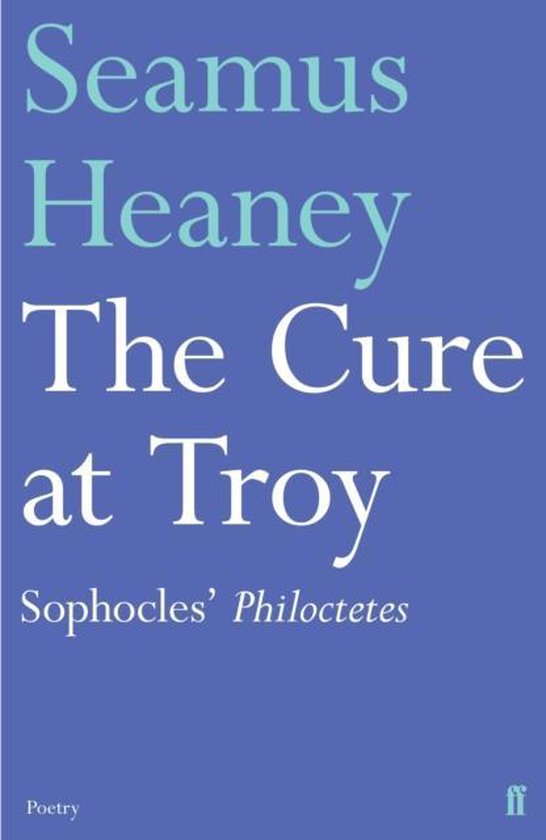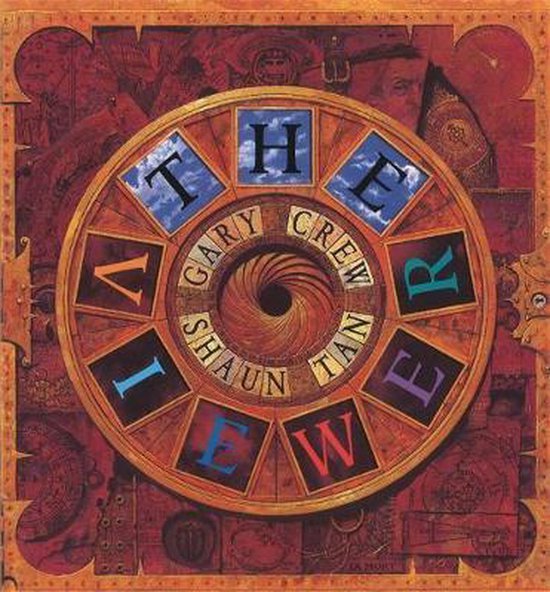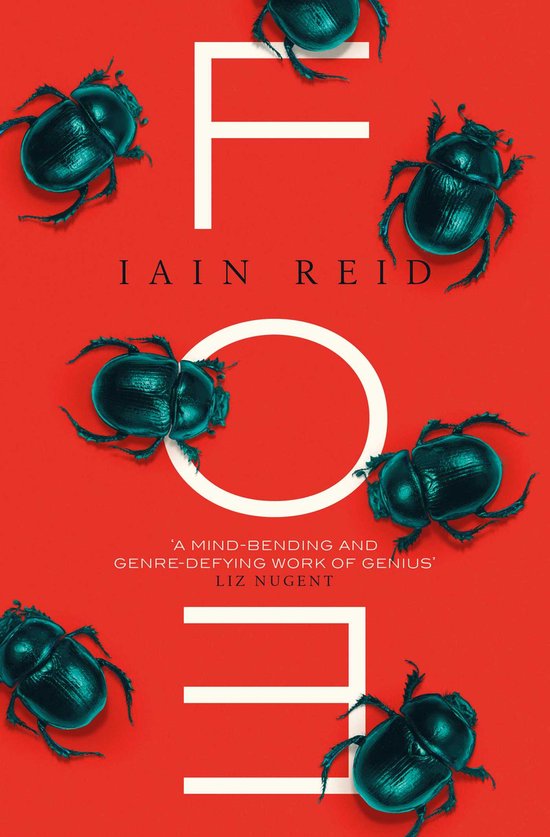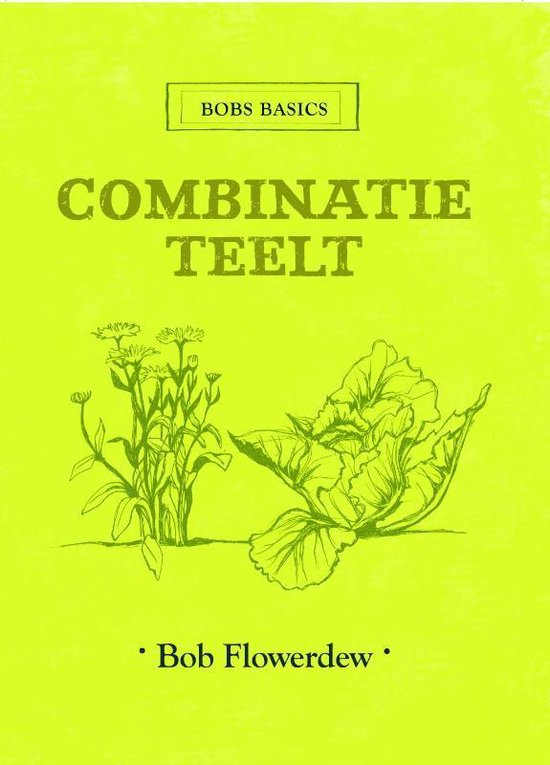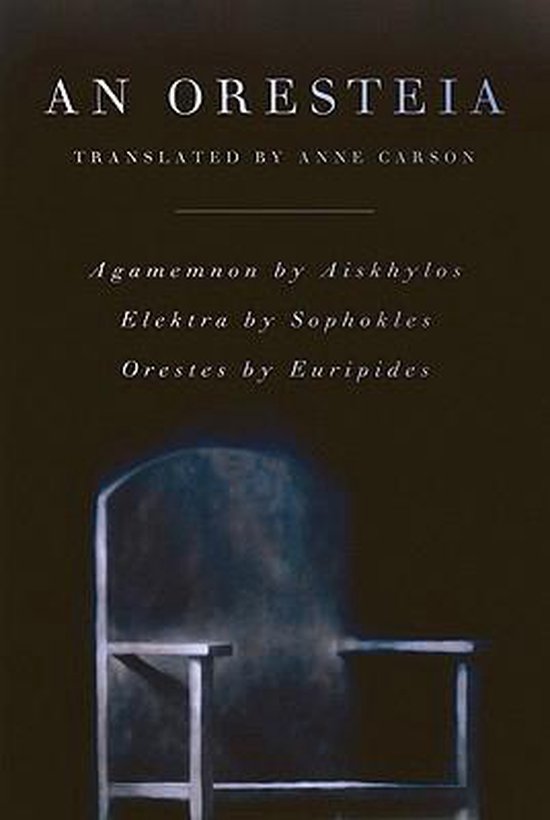
An Oresteia
After the murder of her daughter Iphigeneia by her husband, Agamemnon, Klytaimestra exacts a mother's revenge, murdering Agamemnon and his mistress, Kassandra. Displeased with Klytaimestra's actions, Apollo calls on her son, Orestes, to avenge his father's death with the help of his sister Elektra.
In this innovative rendition of "The Oresteia", the poet, translator, and essayist Anne Carson combines three different visions - Aischylos' 'Agamemnon', Sophokles' 'Elektra', and Euripides' 'Orestes' - giving birth to a wholly new experience of the classic Greek triumvirate of vengeance. After the murder of her daughter Iphigeneia by her husband, Agamemnon, Klytaimestra exacts a mother's revenge, murdering Agamemnon and his mistress, Kassandra. Displeased with Klytaimestra's actions, Apollo calls on her son, Orestes, to avenge his father's death with the help of his sister Elektra. In the end, Orestes is driven mad by the Furies for his bloody betrayal of family. Condemned to death by the people of Argos, he and Elektra must justify their actions - signaling a call to change in society, a shift from the capricious governing of the gods to the rule of man-made law. Carson's accomplished rendering combines elements of contemporary vernacular with the traditional structures and rhetoric of Greek tragedy, opening up the plays to a modern audience. In addition to its accessibility, the wit and dazzling morbidity of her prose sheds new light on the saga for scholars. Carson's "Oresteia" is a watershed translation, a death dance of vengeance and passion not to be missed.
In this innovative rendition of "The Oresteia", the poet, translator, and essayist Anne Carson combines three different visions - Aischylos' 'Agamemnon', Sophokles' 'Elektra', and Euripides' 'Orestes' - giving birth to a wholly new experience of the classic Greek triumvirate of vengeance. After the murder of her daughter Iphigeneia by her husband, Agamemnon, Klytaimestra exacts a mother's revenge, murdering Agamemnon and his mistress, Kassandra. Displeased with Klytaimestra's actions, Apollo calls on her son, Orestes, to avenge his father's death with the help of his sister Elektra. In the end, Orestes is driven mad by the Furies for his bloody betrayal of family. Condemned to death by the people of Argos, he and Elektra must justify their actions - signaling a call to change in society, a shift from the capricious governing of the gods to the rule of man-made law. Carson's accomplished rendering combines elements of contemporary vernacular with the traditional structures and rhetoric of Greek tragedy, opening up the plays to a modern audience. In addition to its accessibility, the wit and dazzling morbidity of her prose sheds new light on the saga for scholars. Carson's "Oresteia" is a watershed translation, a death dance of vengeance and passion not to be missed.
| Auteur | | Robert John Icke |
| Taal | | Engels |
| Type | | Paperback |
| Categorie | | Poëzie, Bloemlezingen & Letterkunde |
